Petrochemicals PA Covid19 CrudeOil 18-04-2020 - Arhive
Petrochemicals PA Covid19 CrudeOil
-Inline Plastics introduces rDPET in its products
Inline Plastics has introduced post-consumer content reborn from chemical recycling into every one of its products. Born from cutting-edge technology, rDPET is a food-grade plastic material that produces high performing, quality packaging with the lowest carbon footprint on the market.
The move is expected to divert almost 1 billion water bottles from the oceans and landfills annually, utilize more than 50 percent less energy in the material production process and reduce the carbon footprint by 112,000 acres of forest or emissions equal to 233 million miles driven per year.
Carrie Cline, product manager for Shelton, CT-based Inline Plastics, noted as an industry leader, the company looks to raise the bar with new groundbreaking approaches.
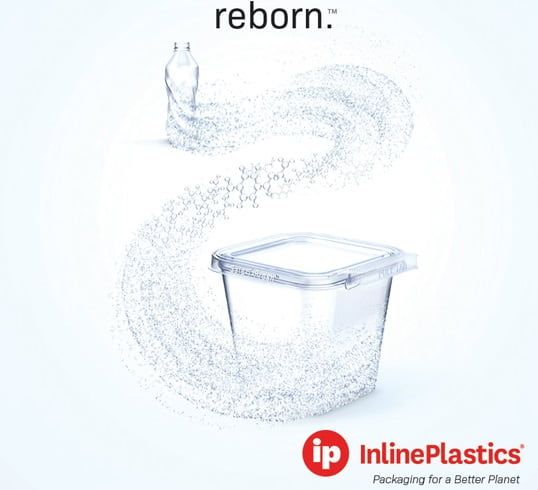
-Increased hand sanitizer production props up Latam PET demand
Companies that have shifted production to hand sanitizer amid the coronavirus are helping to sustain demand for polyethylene terephthalate (PET) in Latin America, according to Mayara Correa, ICIS market development manager for South America.
Correa was among several speakers in a webinar, part of a series being hosted by ICIS.
Companies that are not normally in the business of hand sanitizer, one of the most in-demand products globally during the pandemic, have been able to shift production.
Beverage companies and the paints and coatings industry are among those who have been able to produce sanitizer, which some companies have then donated. Petrochemicals PA Covid19 CrudeOil
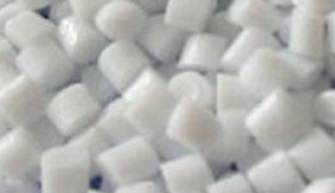
-PRODUCT REVIEWS Positive and negative effects of plastic
There has been a heated debt over the years concerning the use of plastics. According to research, we are producing over 300 million tons of plastic annually. This has since interfered with the environment.
Did you know 10 percent of plastic waste end up in the oceans? This has even affected marine life. The normal plastics bags take between 10 to 1000 years to decompose while bottle plastics it takes 450 years or even more to decompose.
This has seen most countries in the world, banning the use of plastics, which is a good move towards protecting the environment. Petrochemicals PA Covid19 CrudeOil
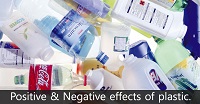
-Asian plastic prices rebound but pandemic limits demand support for most markets
Granted some petrochemicals saw price rebounds in recent days, with the rising price curve suggesting restocking activities, the trend may not be sustainable as fundamentally weak demand persists in an age of pandemic and as prospects of the world economy in a deep recession heighten.
Until a vaccine is proven to fight the novel coronavirus squarely, any return to business normalcy is unlikely to be conceivable and that means the plastic markets will continue to face headwinds. Petrochemicals PA Covid19 CrudeOil
Prices for Asian polypropylene (PP) fibre, the key chemical used to make surgical masks and personal protective gears and other medical equipment were initially shored up last week amid increased global demand, prompting a large number of Chinese producers to churn out PP fibre instead.
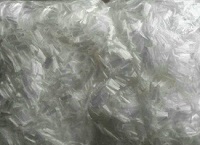
-Enhancing Polymer Performance Using a Greener Approach
Waters and TA Instruments technology is utilized by Rowan University to develop materials research with the aim of sustainably using nature’s chemistry to optimize the performance of materials. Petrochemicals PA Covid19 CrudeOil
Technology: TA Instruments Discovery Analyzer TGA 550, TA Instruments Discovery Hybrid Rheometer (HR-2), Waters Alliance HPLC, TA Instruments Discovery Differential Scanning Calorimeter DSC 2500, TA Instruments Q800 Dynamic Mechanical Analyzer, ACQUITY APC System.

-Evonik doubles capacity for high-performance polyamide TROGAMID CX
Evonik has doubled its capacity for transparent, high-performance polyamide TROGAMID CX.
The planned expansion went on stream as scheduled in February 2020.
The clear polyamide is semi-crystalline, which makes it more resistant to chemicals and stress cracks than transparent, amorphous plastics.
The compound is also highly resistant to UV radiation, absorbs little water, exhibits high dimensional stability, and blends quality and design freedom with superior processing characteristics. Petrochemicals PA Covid19 CrudeOil

China has led the world in using plastic-film mulch to increase the productivity of its crops, and now it needs to lead the world in removing the plastic residue damaging its croplands, according to a study out this week.
Just days earlier, as if on cue, the Chinese government released Friday the draft of a law that would ban the use of very thin plastic film mulch.
“We found that the use of plastic mulch can indeed increase crop yields on average by 25%–42% in the immediate season due to the increase of soil temperature (+8%) and moisture (+17%),” according to the meta-study published April 12 in Global Change Biology.Petrochemicals PA Covid19 CrudeOil

-Why the long-term price of oil will be at $30/barrel or lower
Conventional opinions about oil prices – and let’s face it they have already been wrong about a post OPEC+ rebound in prices – have it that the long-term price of oil must be well above production costs. Production costs for 85% of today’s crude is just $15/bbl.
These opinions are built around the notion that the laws of supply and demand are unchanging, like the laws of nature. But the laws of supply and demand do change, in line with shifts in economics, societies and technologies.
Long before COVID-19 (novel coronavirus disease), demographics and the rise of sustainability pointed to a long-term oil price of $30/bbl or lower. The tragedy of the virus has added to the momentum pushing markets to this level. Petrochemicals PA Covid19 CrudeOil
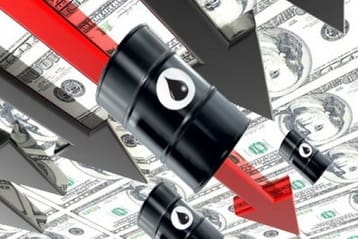
-Automotive-linked petrochemicals brace for deeper car industry slump
Petrochemicals extensively used in the automotive sector are bracing for a deeper industry downturn as consumer priorities change amid a pandemic-induced global recession.
Synthetic rubbers, polypropylene (PP), acrylonitrile-butadiene-styrene (ABS), polystyrene (PS), among others will witness an unprecedented slump in demand.
With the global economy facing the worst recession amid massive lockdowns since the Great Depression of the 1930s, buying new cars would be the last thing on people’s minds.
The automotive industry is a major global consumer of petrochemicals, which account for more than a third of the raw material costs of an average vehicle. Petrochemicals PA Covid19 CrudeOil
Video : China’s PP market on a roller coaster ride
Watch industry analyst Aviva Hu discuss the dramatic developments seen in China’s polypropylene (PP) market following the coronavirus pandemic.
China PP prices on a roller coaster ride Petrochemicals PA Covid19 CrudeOil
Heavy turnaround season in the second quarter
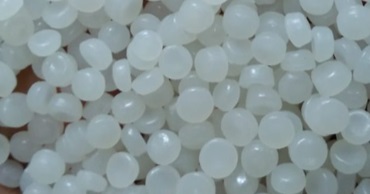
DIFFERENCE BETWEEN BOSS AND LEADER
Petrochemicals PA Covid19 CrudeOil

